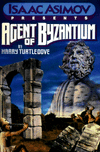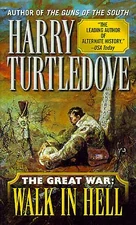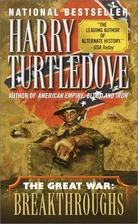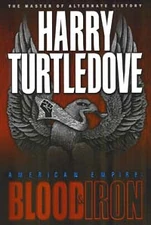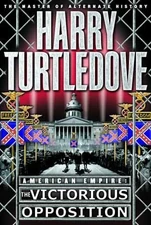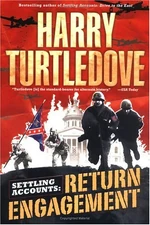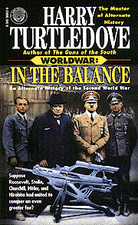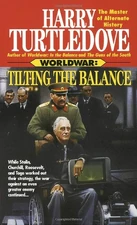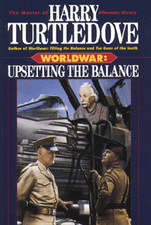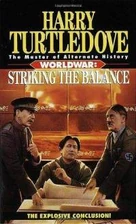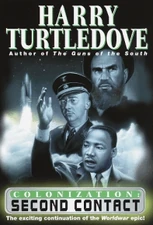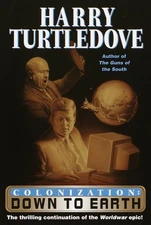In its broadest sense, ghetto refers to any economically depressed and politically disenfranchised neighborhood in an urban center. Most often, the word is used to refer to a section of a city where the city's population of an oppressed minority is made to reside.
Ghetto in Agent of Byzantium[]
Jewish ghettoes were common throughout the Roman Empire in the early 14th century.
During the iconoclasm crisis of 1317, the Neaplis ghetto was sacked by loyalists who blamed the Jews for this heresy.[1] Mirrane, an agent of Persia was behind the escalating disorder. When her efforts were foiled by Basil Argyros, she arranged to meet him in Constantinople's Jewish quarter. Argyros' attempt to arrest Mirrane was foiled when she screamed that he was attempting to ravish her and a group of Jewish men came to her aid. Before Argyros could establish his authority, she escaped in the confusion.[2]
Ghetto in In the Presence of Mine Enemies[]
Following the defeat of the United States in the Third World War, the ghettos of New York City were "cleaned up" by Einsatzkommandos.[3]
Ghetto in Southern Victory[]
Using a pre-Great War law requiring blacks in the Confederate States to carry passbooks, the Freedom Party required blacks to live in ghettos within most Confederate cities. In Augusta, Georgia, the ghetto is known as the Terry (short for "territory"). Throughout the Featherston Administration, Confederate authorities encouraged Freedom Party Stalwarts to stage riots within black ghettos, and in 1942 they began relocating the residents of these ghettos to concentration camps such as Camp Determination.
Ghetto in Worldwar[]
In Poland, the Germans forced the Jews to live in ghettos, mainly so that they would be easier to capture and relocate to concentration camps. This process was discontinued when the Race's Conquest Fleet forced the Germans out of Poland.
Mordechai Anielewicz and Moishe Russie both originally came to prominence as leaders of the Jewish community in the Warsaw Ghetto. Mordechai Chaim Rumkowski was elder of the Lodz ghetto under first the Germans, then the Race.
References[]
- ↑ Agent of Byzantium, 2018 edition, pg. 206.
- ↑ Ibid., pgs. 232-235.
- ↑ In the Presence of Mine Enemies, pg. 14.
| |||||||||||||
| ||||||||||||||||
| |||||||||||||||||||||||||
